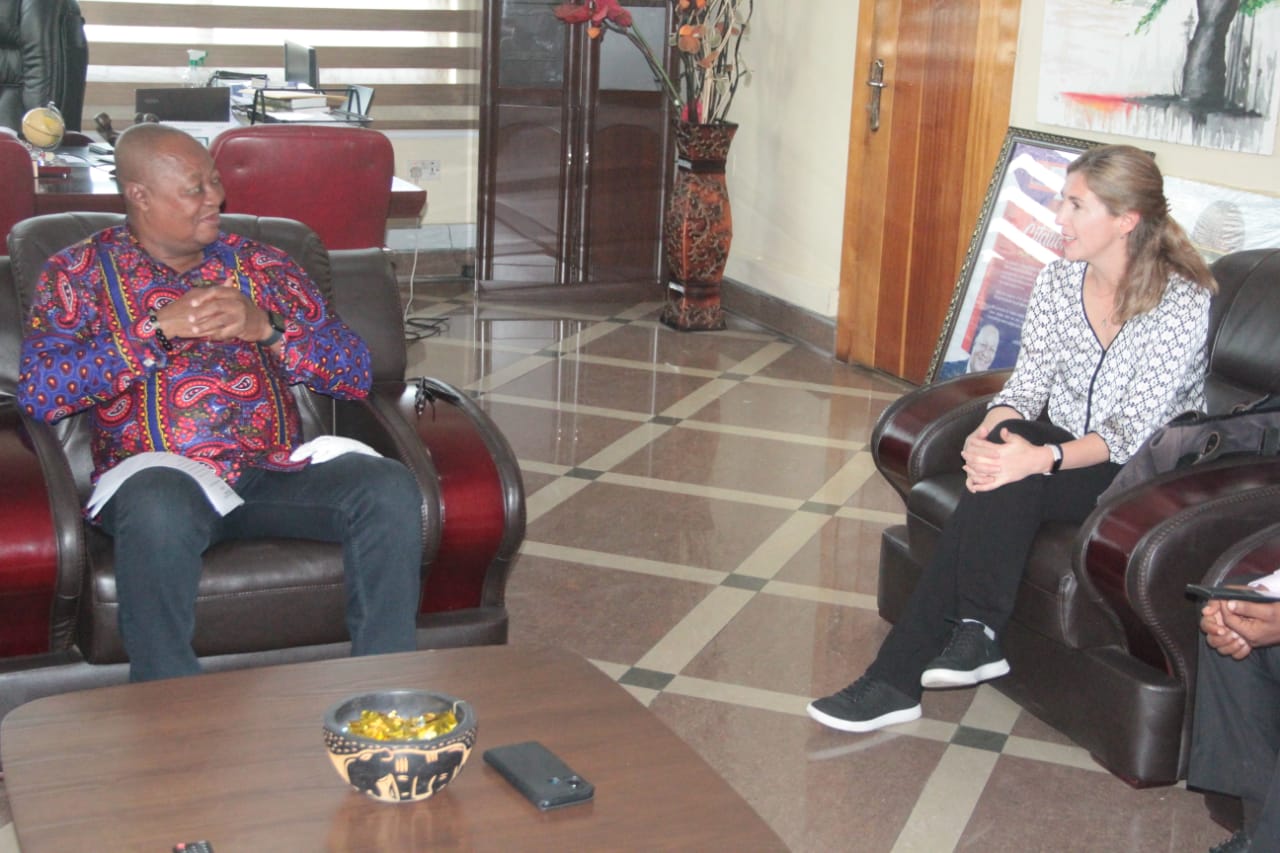
A study on the effect of trade activities by manufacturing firms on national development has recommended increased support for female entrepreneurs whose businesses have export potential.
This is based on its finding that female-owned Small and Medium-Scale Enterprises (SMEs) have limited potential to grow and enter the export market while they fail to reap the gains of exporting when they eventually export.
"This suggests that gender inequality is present at various levels of economic activity", according to the study titled 'Can trade foster development?-Firm-level evidence for SMEs in Ghana.'
These were revealed at a national dissemination and policy workshop held in Accra on Tuesday to afford diverse stakeholders an opportunity to discuss the results and implications of the study.
The study was conducted by the Institute of Statistical, Social and Economic Research (ISSER) of the University of Ghana and the Kiel Centre for Globalisation (KCG) at Kiel Institute for World Economy, Germany.
It was conducted in August and September 2016 with support from the German Development Agency (GIZ). Data for the study was from 2011 to 2015, and was collected from 880 manufacturing firms.
Based in Accra, Tema, Kumasi and Sekondi-Takoradi, the firms were engaged in manufacturing activities including food and beverages, textiles and apparels, wood processing.
Presenting the findings, Professor Holger Gorg, a researcher at KCG who co-authored the study report said factors including limited access to finance to enable female entrepreneurs to grow their businesses and capitalise on export opportunities, were responsible for the inequality.
Their dual responsibility as breadwinners, mothers and wives, he pointed out, accounted for their limited potential as their entrepreneurial time was limited while performing such duties.
He said the study recommended more support to firms to advance their export activities due to the finding that exporting firms accrued more benefit with rippling effects on national development.
This, Prof Gorg said was because they provided more employment opportunities and increased wages.
On the other hand, according to the study, imports, of mainly material inputs by SMEs did not benefit them, contrary to what pertained in other developing countries.
Prof Gorg suspected factors including high import cost and unavailability of options locally as contributory factors and therefore recommended further investigations into this.
Dr Charles Ackah, Senior Research Fellow, ISSER, told journalists after the event that reduction in import duties could inure to the benefit of importers and change the narrative as observed during the period of the study.
He called on policy makers to create an enabling environment for businesses to grow and drive socio-economic development.
Director of Trade Facilitation of the Ministry of Trade and Industry, Mr Patrick Poku commended the two institutions for the research and assured that the ministry would consider the recommendations.
Read Full Story



















Facebook
Twitter
Pinterest
Instagram
Google+
YouTube
LinkedIn
RSS